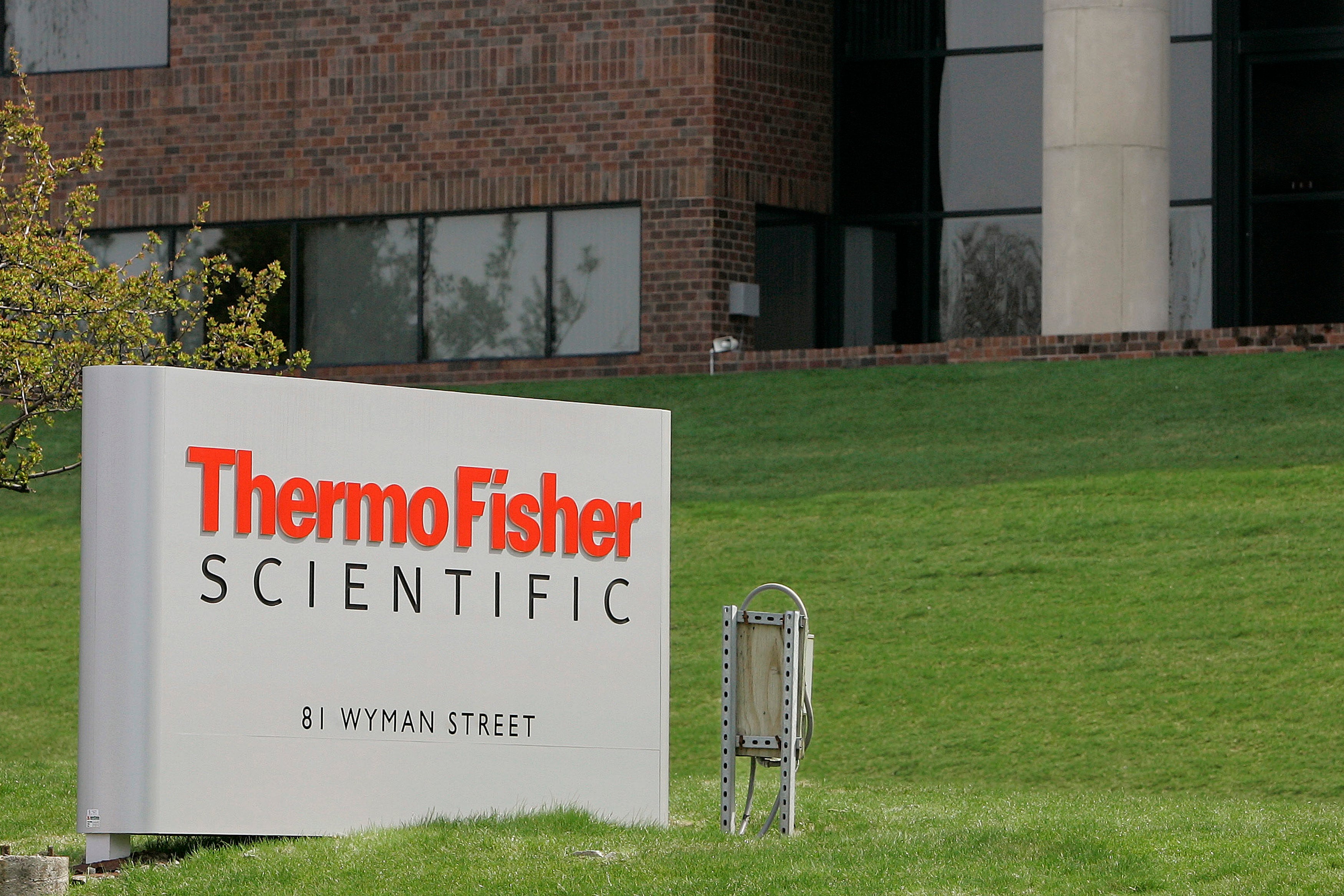Henrietta Lacks' estate sues company over use of her cells
The estate of Henrietta Lacks sued a pharmaceutical company on Monday, saying it's been selling her cervical cells without her knowledge or consent

Your support helps us to tell the story
From reproductive rights to climate change to Big Tech, The Independent is on the ground when the story is developing. Whether it's investigating the financials of Elon Musk's pro-Trump PAC or producing our latest documentary, 'The A Word', which shines a light on the American women fighting for reproductive rights, we know how important it is to parse out the facts from the messaging.
At such a critical moment in US history, we need reporters on the ground. Your donation allows us to keep sending journalists to speak to both sides of the story.
The Independent is trusted by Americans across the entire political spectrum. And unlike many other quality news outlets, we choose not to lock Americans out of our reporting and analysis with paywalls. We believe quality journalism should be available to everyone, paid for by those who can afford it.
Your support makes all the difference.The estate of Henrietta Lacks sued a pharmaceutical company on Monday, accusing it of selling cells that doctors at Johns Hopkins Hospital took from the Black woman in 1951 without her knowledge or consent.
The cells taken from the woman who died of cervical cancer, known has HeLa cells, have been reproduced infinitely ever since, used in countless scientific and medical innovations including the development of the polio vaccine and gene mapping.
The “HeLa cell line, became the first human cells successfully cloned and have since been used continually “for research that has touched nearly every realm of medicine,” lawyers for the estate said in a news release.
Thermo Fisher Scientific Inc., of Waltham, Massachusetts knowingly mass produced and sold tissue that was taken from Lacks by doctors at the hospital and “a racially unjust medical system,” her estate's federal lawsuit alleges.
The lawsuit asks the court in Baltimore to order Thermo Fisher Scientific to “disgorge the full amount of its net profits obtained by commercializing the HeLa cell line to the Estate of Henrietta Lacks.” It also seeks an order permanently enjoining Thermo Fisher Scientific from using the HeLa cell line without the estate's permission.
On its website, the company says it generates approximately $35 billion in annual revenue. A company spokesman reached didn’t immediately comment on the lawsuit.
The remarkable science — and the impact on the Lacks family — have been documented in a bestselling book, “The Immortal Life of Henrietta Lacks.” Oprah Winfrey portayed her daughter in an HBO movie about the story.
A group of white doctors at Johns Hopkins in the 1950s preyed on Black women with cervical cancer, cutting away tissue samples from their patients’ cervixes without their patients’ knowledge or consent, the lawsuit says.
“The exploitation of Henrietta Lacks represents the unfortunately common struggle experienced by Black people throughout history,” the suit says. “Indeed, Black suffering has fueled innumerable medical progress and profit, without just compensation or recognition. Various studies, both documented and undocumented, have thrived off the dehumanization of Black people.”
Among the lawyers for the family's estate is Ben Crump, a Florida-based civil rights attorney. Crump rose to national prominence in recent years for representing the families of Trayvon Martin, Michael Brown, Breonna Taylor and George Floyd -- Black people whose deaths at the hands of police and vigilantes helped revitalize a national movement toward police reform and racial justice.
Johns Hopkins says it reviewed its interactions with Lacks and her family over more than 50 years after the 2010 publication Rebecca Skloot's book.
“At several points across those decades, we found that Johns Hopkins could have — and should have — done more to inform and work with members of Henrietta Lacks’ family out of respect for them, their privacy and their personal interests,” Johns Hopkins says on its website.